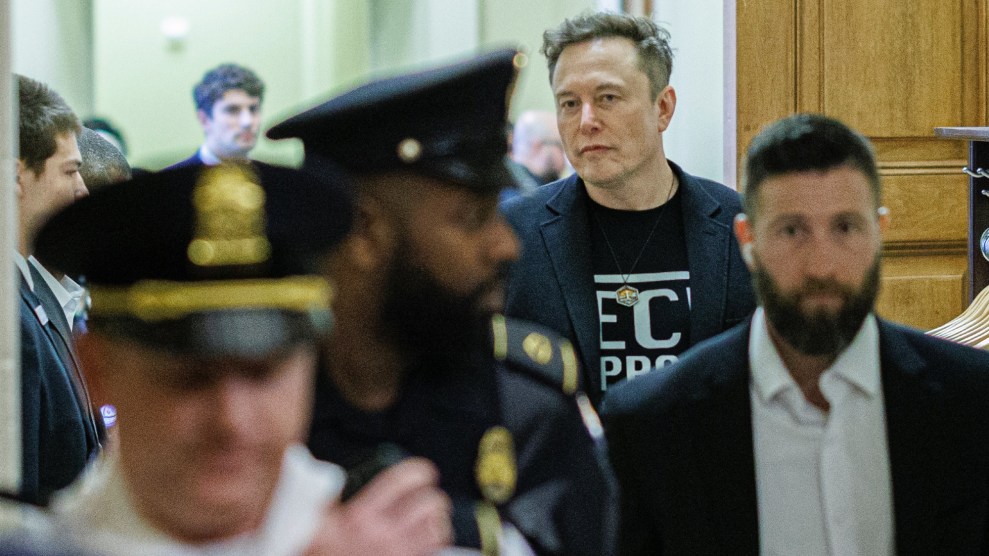Brad DeLong wants to know if there are any “serious” economists willing to argue that repealing the estate tax, as Republicans in Congress are trying to do, is actually a good thing. Apparently Ed Prescott believes it. But his Wall Street Journal piece is pretty silly. First, we’re told that the estate tax—which currently only hits estates worth over $4 million—is somehow unfair:
What is fair, for example, about telling someone that he will be unable to distribute his hard-earned money, which has already been taxed once, to his heirs as he sees fit?
Er, okay. The idea that the estate tax amounts to “double taxation” and therefore is somehow unfair is baffling. For starters, plenty of income subject to the estate tax includes capital gains which have never been taxed. But even if the estate tax does amount to “double taxation,” so what? Plenty of “hard-earned” money is subject to double taxation. I, for one, paid income taxes last year and then the other day went out for dinner and bought a burrito, which was subject to a sales tax. If that’s not double taxation I don’t know what is; somehow, people manage. Next up is the argument that the estate tax doesn’t amount to that much money anyway, so why bother with it:
Besides, even if estate taxes were not inefficient and could be construed as fair, they would still do little to address the budget deficit. In 2003, net estate taxes accounted for $20.7 billion, a drop in the bucket of an $11 trillion economy. Clearly, we are not going to balance the budget by grave robbing.
Of course. If a single tax increase can’t eliminate the deficit all by itself, it’s not worth doing. Nonsense. The Center on Budget and Policy Priorities has already calculated that repealing the estate tax after 2010 will cost the federal government $1 trillion between 2012 and 2021. That’s a lot of money. Robert Ball, the Social Security Commissioner under Kennedy, has estimated that if the estate tax was kept at its (already-reduced) 2009 rates, it could, for instance, be dedicated to funding Social Security and be used to close up to half of that program’s actuarial imbalance (which is almost certainly overstated anyway, but you get the point…) Useful? Of course. I understand why billionaires who couldn’t care less about the state of the country’s finances want to see the estate tax repealed, but it’s baffling why actual economists who should know better would get on board.
UPDATE: For those so inclined, here’s a good paper on the estate tax. Actual facts and stuff.















